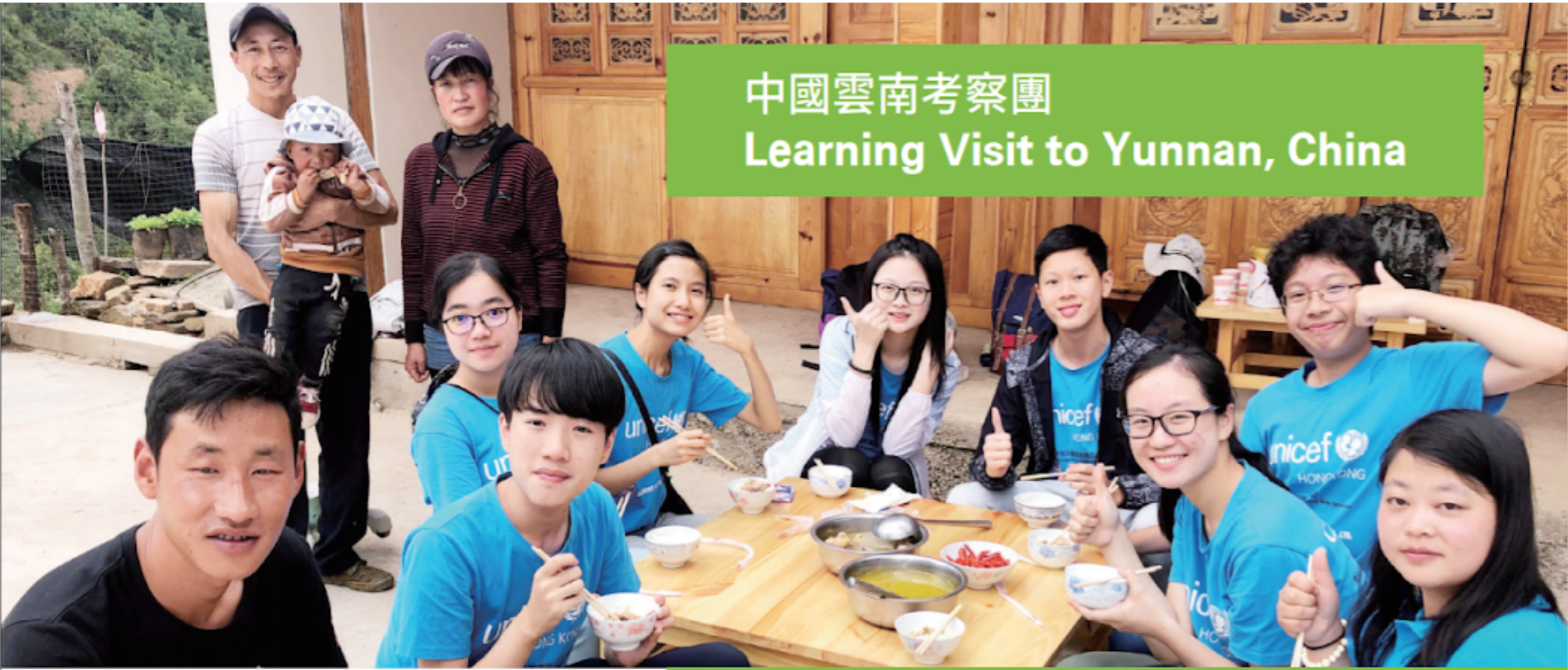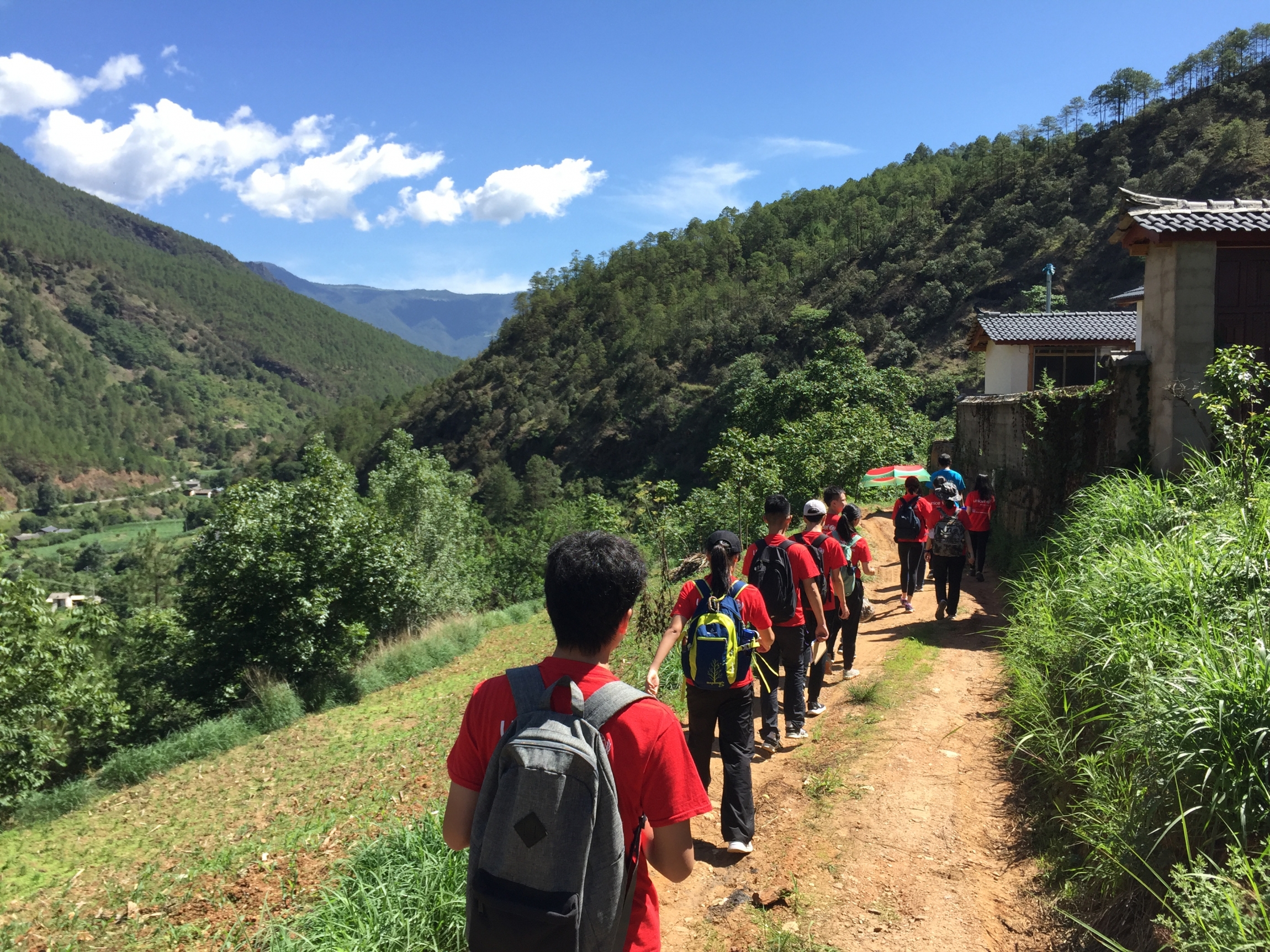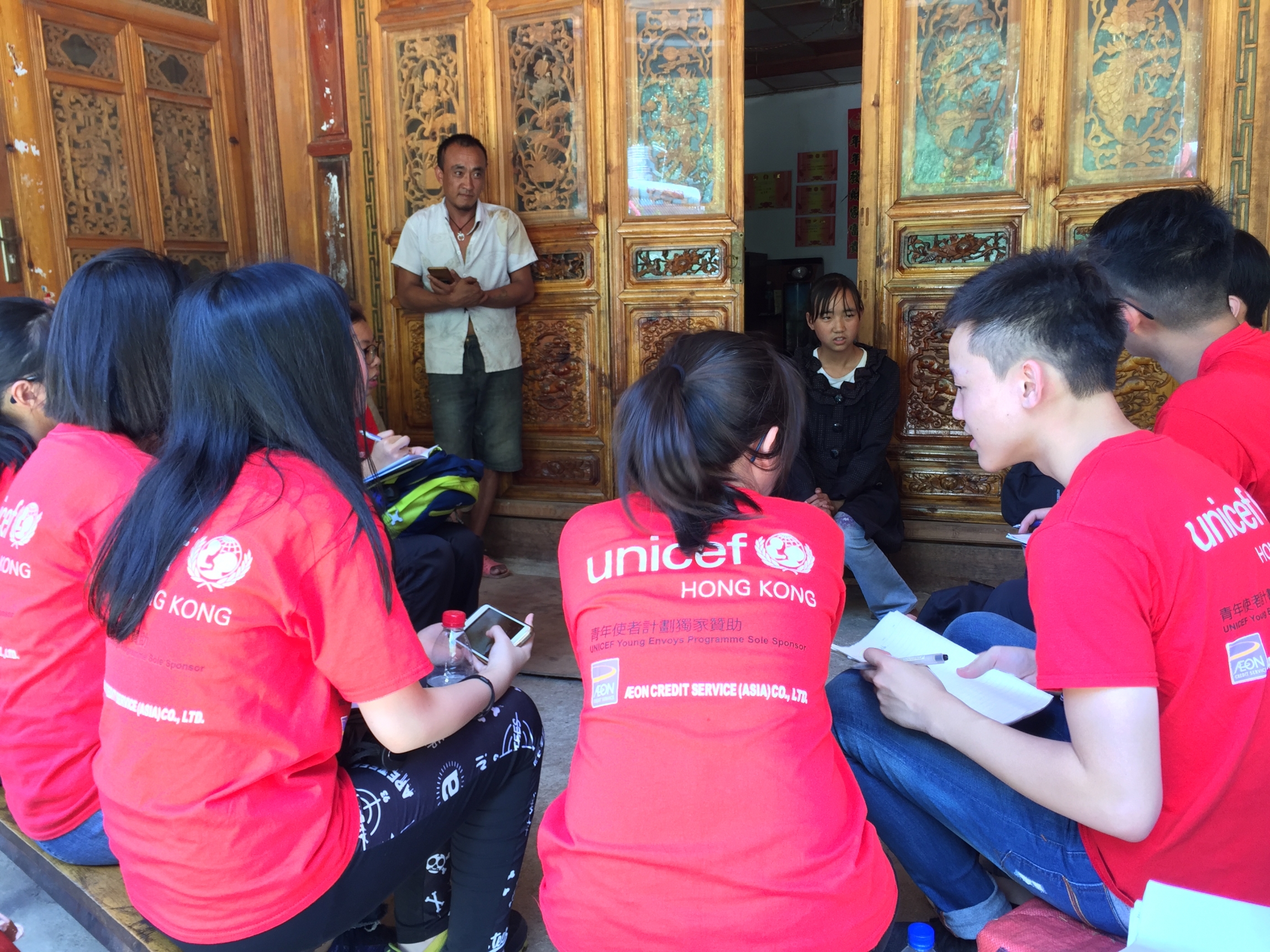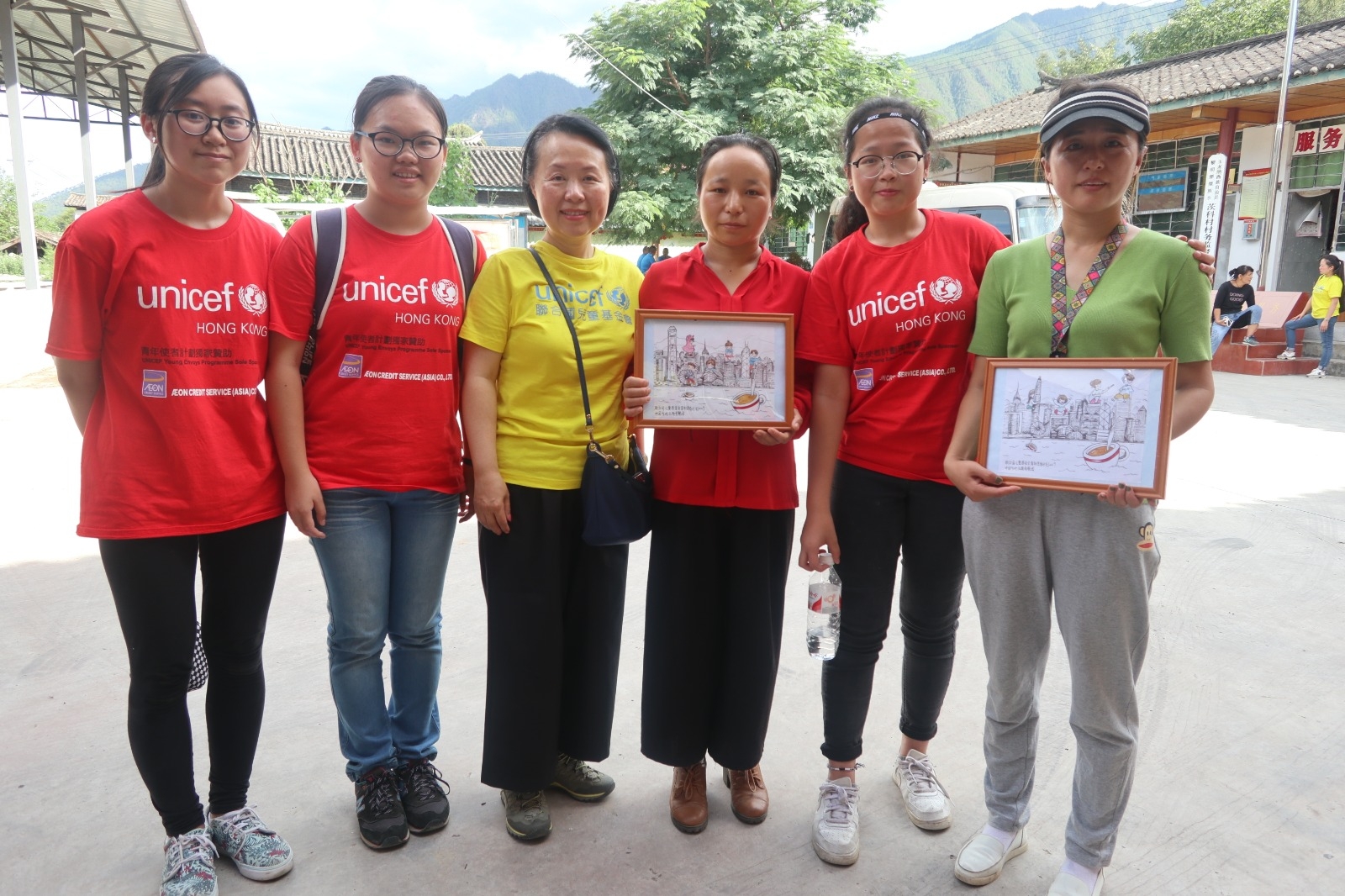 Back
Back

中國農村的有條件現金轉移支付項目
聯合國兒童基金會中國辦事處(UNICEF China)於四川省、雲南省及甘肅省的不同 試點進行「有條件現金轉移支付項目」(CCT 項目),旨在促進農戶婦女進行全面的產前及產後檢查、住院分娩、嬰幼兒體檢和接種預防疫苗,藉此提升農戶婦女的健康及育兒意識,並確保嬰幼兒的健康。參加計劃的婦女在完成所需的婦幼保健服務後,經審批後便可獲得補貼;截止 2019 年 7 月,項目已惠及 30,556 孕婦及兒童。
在2019年,我們一眾青年使者親身到訪雲南,探訪了 5 戶 CCT 受益者家庭(有條件現金轉移支付項目),進行訪談去了解項目為他們帶來的影響及改變。
大姐生第一、二個孩子時,在少數民族的傳統村子裡有不少「接生婆」,沿用古法在家分娩,鮮有孕婦到醫院接受正規的檢查和分娩,嬰兒夭折率和孕婦死亡率一直維持高企。被問到生頭二個小孩時的感覺,大姐表示當時覺得很危險,生命沒有保障。而CCT 項目推出後,醫療設施也隨之改善,發放的補助也能補貼往返的交通費,大姐可以到條件更好的醫院分娩,生她的小兒子。她認為城市的醫生比接生婆水平較高,生產時覺得更安心。
CCT 項目使更多孕婦選擇到醫院分娩及確保孕婦和嬰兒的健康和安全。有條件現金轉移支付項目成就顯著,產前檢查率在項目推行後連續4 年保持在100%,亦連續3 年沒有孕婦死亡。推行此項目的主力玉龍縣婦幼保健院馮院長表示,提高市民的意識與培訓醫護人員同樣重要。所以,在項目推行5 年後,更多住在偏遠地區的少數民族婦女都會去選擇較有保障的婦幼保健服務,亦明白到其重要性。很多受惠婦女表示,此項目口碑載道。
The Conditional Cash Transfer Project in Rural China
UNICEF China has piloted the Conditional Cash Transfer (CTT) programme in selected locations in Sichuan, Yunnan and Gansu provinces. The goal is to encourage rural women to undergo comprehensive prenatal and postnatal check-ups, give birth in a hospital, as well as to arrange body check-ups and immunization for babies and toddlers. It is hoped that this will enhance rural women' s awareness in health and best methods of child care, and to ensure the health and well-being of babies and young children. Participating women, upon approval, will get a cash subsidy after completing the required health programmes for both the women and the newborns. As of July 2017, CCT has benefited 30,556 pregnant women and children.
In 2019, the Young Envoys went to Yunnan and visited five CCT beneficiary families. The purpose of the visit was to understand the impact and changes brought on by the CCT programme.
There are many midwives in the ethnic minority traditional villages. When Da Jie gave birth to her first two children, she followed the traditional way and laboured at home. Pregnant women rarely go to the hospital for proper examination and delivery. As such the perinatal and maternal mortality rates remain high. When asked about how she felt when giving birth to her second child, Da Jie said she felt dangerous, as there was no protection for her life. After the launch of the CCT programme, there was an improvement in medical facilities. As the subsidy was good enough to cover the transportation fee between her home and the hospital, Da Jie could afford to give birth to her youngest child at the hospital. She felt the doctors in the city are much better than the midwives, and it's much safer to give birth at a hospital.
The CCT programme has helped more pregnant women to labour at a hospital, and it also ensured the health and safety of pregnant women and the babies. In fact, it has achieved outstanding results. The prenatal check-up rate has remained at 100 per cent for four years, and there have been no deaths of pregnant women for three consecutive years. The director of the Yulong County Maternal and Child Health Hospital said that it is equally important to raise public awareness and train healthcare professionals. As such, after five years of piloting the programme, more ethnic minority women living in remote areas understand importance of proper healthcare and select healthcare services that provide better protection for themselves and their babies. In fact, lots of beneficiary women commended the programme.


貧困地區社會發展計劃
自1997年以來,聯合國兒童基金會一直在中國與地方政府合作開展貧困地區社會發展方案(SPPA)。 該方案提供小額信貸作為貧困婦女的啟動資金; 鼓勵他們堅持定期召開會議,向婦女提供有關如何經營農村企業以實現農村發展的知識和技能扶貧。
The Social Development Programme for Poor Area in China
Since 1997, UNICEF has been working with local governments on the Social Development Programme for Poor Areas in China (SPPA). The programme provides micro-credit as a start-up fund for poor women; it encourages them to hold regular meetings and provide knowledge and skills to the women on how to run a rural business in order to achieve rural poverty alleviation.


